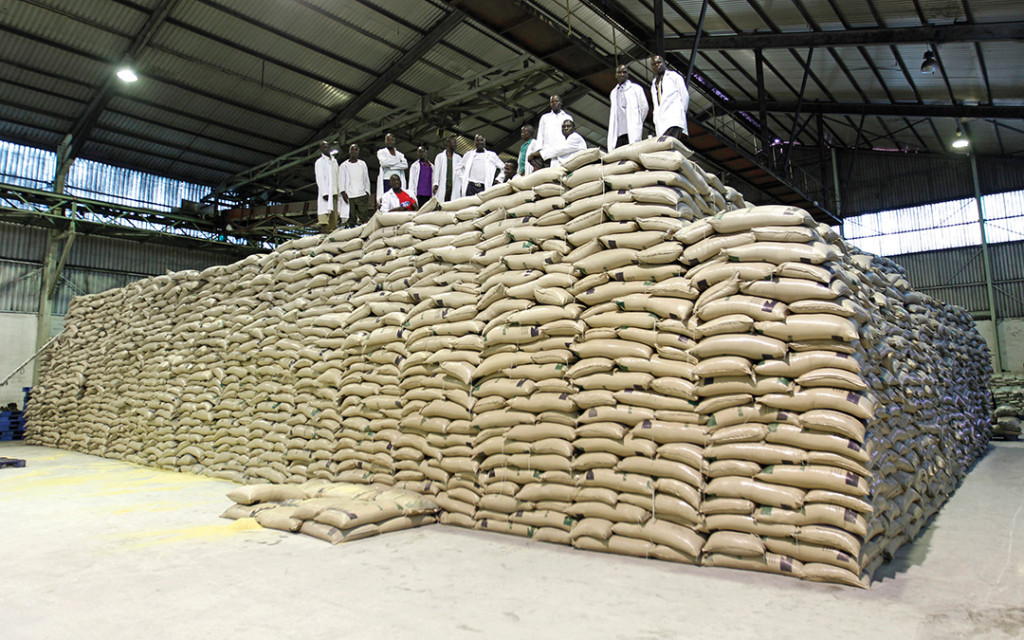When Kenyan police arrested six men in the vast Dadaab refugee camp near the Somali border in April 2015, their aim was to dismantle a decades-old sugar-smuggling trade that is funding Somali militants waging war on Kenya.
The arrests, coming weeks after four al-Shabaab gunmen massacred 148 people at nearby Garissa University College, were part of Nairobi’s new strategy to choke off the flow of money to militants whose cross-border raids have hammered Kenya and its tourism industry.
Although cash from sugar smuggling may amount to only a few million dollars, experts say such sums are enough for attacks that need just a few assault rifles, transport and loyalists ready to die.
“It’s like the government is awakening,” said a senior Kenyan security source from Garissa region, adding that authorities had previously often “turned a blind eye to all these things because a lot of people were benefiting — but at a cost of security.”
However, if a lasting impact is to be secured, more must be done, say security and diplomatic sources. That includes rooting out corruption in the police force and going after smuggling cartel bosses, as well as the middle men detained so far.
“Unless al-Shabaab sources of revenue are chopped off, we are not going to see the end of instability in south Somalia and the region,” said Rashid Abdi, a Somalia expert based in Nairobi.
President Uhuru Kenyatta’s government has taken steps to halt the trafficking of sugar from the southern Somali port of Kismayo to Kenya’s frontier and has set up a special unit in the National Intelligence Service to dismantle smuggling cartels, the security source said.

